Zdk – Change of leadership
Regional Deputy of North Rhine-Westphalia, member of CDU, elected at the lead of the Central Committee of Catholics. The acknowledgements of the Bishops’ Conference. Programs in defence of life, work, support to the government’s action for the reception of refugees

German Catholics laboriously proceed towards the 100th Katholikentag, led by a new president of the Zentralkomitee der deutschen Katholiken (ZDK), with the determined contribution of the Church and a renewed will to be present in German society with set of significant challenges: refugees, security, quality of work and of the environment, secularization of culture, euroscepticism… The same Church faces the challenge – not without difficulties and renewed commitments – of the new era.
A line of continuity. With a surprise vote, on Friday November 20, during the general Assembly of the Zentralkomitee der deutschen Katholiken (Central Committee of German Catholics) in Bonn, 220 national delegates elected to the post of president professor Thomas Sternberg, MP, member of the Christian Democratic Party (CDU) in Parliament of the Department of North Rhine-Westfalia. Sternberg, 63, was elected with 110 votes beating his opponent Maria Flachsbarth (75 votes). He was elected at the first round of votes, although Flachsbarth was considered the perfect ZDK President owing to her young age (53), representing the new generation of German Catholic political leaders, and implicitly as a woman, President of the League of German Catholic Women (KFDB), with 200 thousand registered members. Sternberg will replace Alois Glück, the 75-year-old president, who is leaving the post at the end of a 6-year term. The new leader is the father of five, he was a baker in his hometown, Grevenbrück, in Sauerland, an area to the south of the capital of the North Rhine-Westphalia, Münster Department. Here he studied art history, German literature and theology, specializing in Christian archaeology. For many years he served as president of the Catholic diocesan Academy, a cultural landmark in Germany. “I’m here in front of you having been taken by surprise,” said Thomas Sternberg upon his election, confirming that his presidency will be “in continuity with the line followed by ZDK over the past years”.
Appreciation and confirmations. Sternberg has received the “blessing” of the German bishops’ Conference. In a letter congratulating the newly-elected President, cardinal Reinhard Marx highlighted the importance of cooperation between the bishops and German lay Christians. “I look forward to meeting you and I confide that our cooperation will be fruitful.” Marx addressed the theme of the 100° Katholikentag, the national meeting of German Catholics scheduled for the coming year, May 25-29 , in Leipzing: “I consider this meeting a great enrichment to the life of the Church in Germany, and I view it as a opportunity for Christians to have a concrete impact on our society”. He voiced his encouragement “to give a strong sign of the presence of Catholics in Germany that will extend well beyond Germany.” The Cardinal thanked Aloisis Glück, and underlined the role of ZDK as a “reliable and committed partner” in the long and delicate process of dialogue of the German Catholic Church.
Concrete actions. Sternberg inserted in his programme the central themes of ZDK: the defence of life; continual relations with Protestants , notably in the social and ecumenical realms, as well as with other religious confessions, Jews and Muslims in particular, the respect of workers’ rights and of companies against the backdrop of envisaged free trade agreements between Europe and the United States,
determined action for the reception of refugees and in the fight against racism.
The first token in this direction is contained in the final statement adopted by ZDK at the end of the assembly in Bonn, where it categorically voiced its opposition to plans limiting family reunification of refugees: “Forced separation of families and couples is unacceptable in terms of human rights and from a Christian perspective.” The document underlines that “in order to further limit family reunification, which is already strictly regulated, there is the intention to deny entrance to Europe to the refugees’ spouses and children, thereby denying them protection from war and violence, and this deeply conflicts with our Christian faith”.